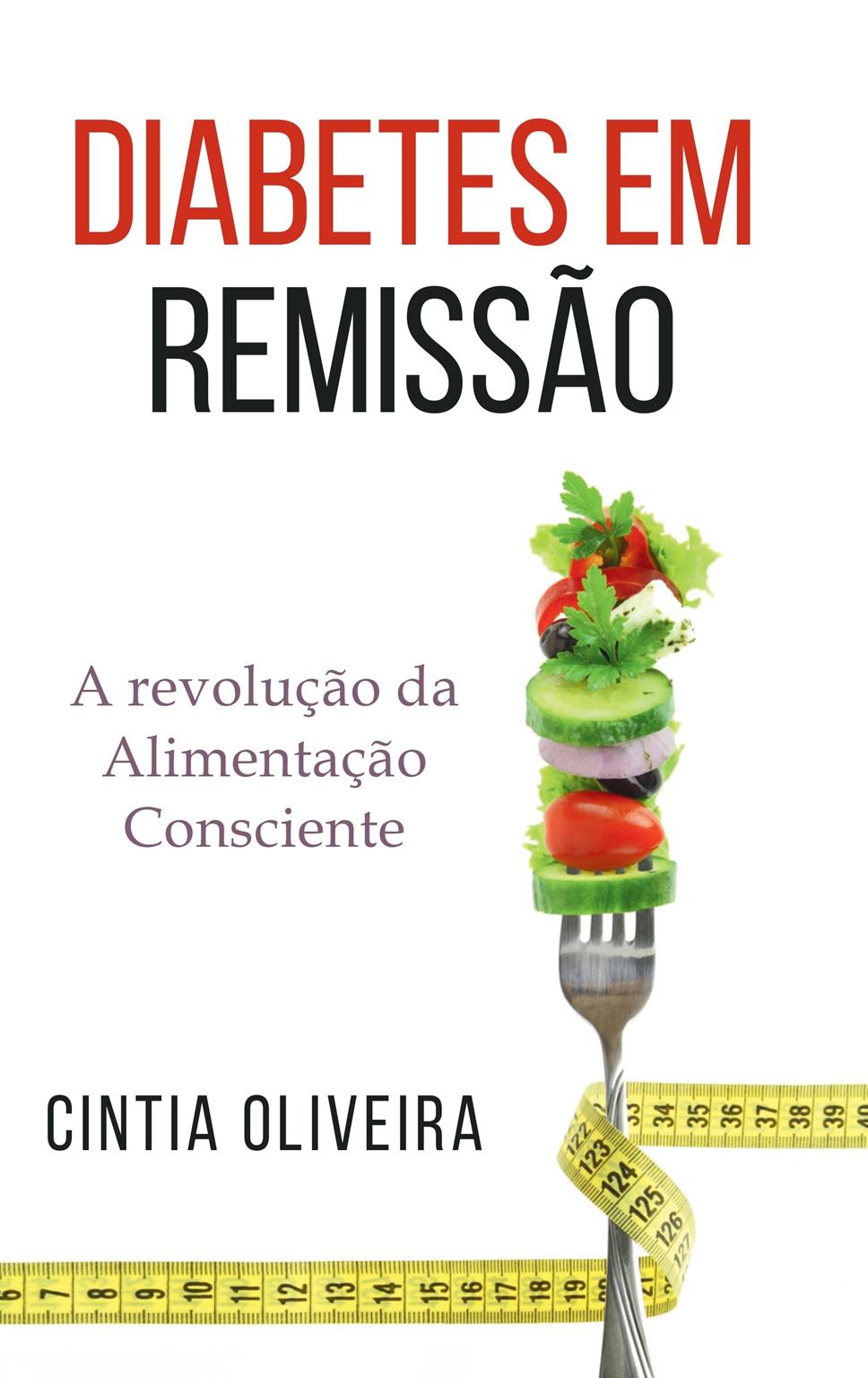Given the worrying rise of type 2 diabetes—which already affects one in nine adults worldwide, according to the IDF Diabetes Atlas 2025—orthomolecular therapist Cintia Oliveira has released Diabetes in Remission: The Revolution of Conscious Eating. The book offers practical guidance on how lifestyle changes, especially dietary habits, can help control blood sugar levels, avoid insulin use, and, in some cases, achieve remission.
Your book talks about the possibility of remission from type 2 diabetes—a hope many people don’t even imagine is real. At what point in your journey did you realize you needed to turn this message into a book?
The decision stemmed from my personal and professional experience with the suffering caused by uncontrolled type 2 diabetes. I saw loved ones lose their health, independence, and even their lives—which touched me deeply. This book exists because I believe everyone deserves to know there is another path. It’s a real, scientifically proven possibility, accessible to those seeking change with awareness and commitment. Writing it was my way of delivering practical tools, accessible knowledge, and inspiration so that each reader can transform their story with mindful eating—and move safely toward remission.
“Knowing what to do” is often not enough when emotional and behavioral barriers are so strong. How do you see the role of mindful eating in this process of “turning the switch”?
Mindful eating is precisely that turning point. It’s not just about knowing what’s healthy or unhealthy—it’s about reconnecting with your body, understanding the signals it sends, and recognizing the impact of emotions on food choices. It’s about looking at your plate and seeing not only nutrients, but decisions, stories, and even beliefs that can be transformed. When people engage with the process, rather than simply following a list of restrictions, they become empowered. And that’s where real change begins—from within.
You emphasize the importance of understanding labels and differentiating ultra-processed foods from natural foods. Why is this basic knowledge still so neglected in the daily lives of those living with the disease?
Unfortunately, many people receive a diagnosis but lack adequate education. Most lack guidance on how to read labels, identify marketing traps, or understand that “zero sugar” doesn’t mean “zero glucose.” The healthcare system still focuses primarily on medication for diabetes treatment. The role of diabetes educators doesn’t yet formally exist in primary care centers. However, it is the person with diabetes who will manage the disease throughout their lives. Health education is, therefore, an essential step for them to develop autonomy, understand their role in the process, and be able to control—or even put the disease into remission.
Among the diets you mention, such as the Mediterranean and low-carb, which one tends to bring the most practical results for those just starting out on their journey against type 2 diabetes?
Both have scientific support and can yield positive results, but in clinical practice, low-carb—when properly guided—tends to promote faster blood sugar reductions and greater insulin sensitivity. Even so, the most important thing isn’t the name of the diet, but the behavior change. People often view the diet as temporary or a punishment, but diabetes remission requires a lasting change in eating habits. Mindful eating is what truly restores pancreatic function, preserves insulin-producing cells, and prevents disease progression and its complications. The focus should always be on quality choices and consistent daily care.

Diagnosis often comes with fear and confusion. What advice would you give to someone who has just learned they have diabetes and is feeling lost?
Take a deep breath and know that a diagnosis isn’t a sentence—it can be the starting point for a major transformation. The first step is to seek reliable knowledge and professional support that sees you as a whole, not just as someone with a disease. It’s crucial to understand that medications help, but they won’t prevent long-term complications if you don’t change your habits. The sooner you focus on remission, the greater your chances of achieving it. Even if you don’t achieve complete remission, effective control already brings profound and lasting benefits. My book was written to support this journey with practical tools and support, focusing on the individual—not just their blood sugar.
You talk about the importance of factors like sleep, stress, and gut health. How neglected are these pillars, and why do they deserve such attention in disease prevention and control?
These pillars are often overlooked, but they directly influence blood sugar control. Poor sleep disrupts hormones that control appetite and raises cortisol, as does chronic stress, hindering the body’s insulin response. A healthy gut promotes the production of beneficial substances, such as the hormone GLP-1 (glucagon-like peptide-1) and butyrate, which increase satiety, reduce inflammation, and improve insulin sensitivity. The liver, a key player in glucose metabolism, also regulates blood sugar levels and requires careful care. Therefore, taking care of the body as a whole—in addition to diet—is essential both for preventing the disease and for achieving remission or control.
Follow Cintia Oliveira on Instagram





